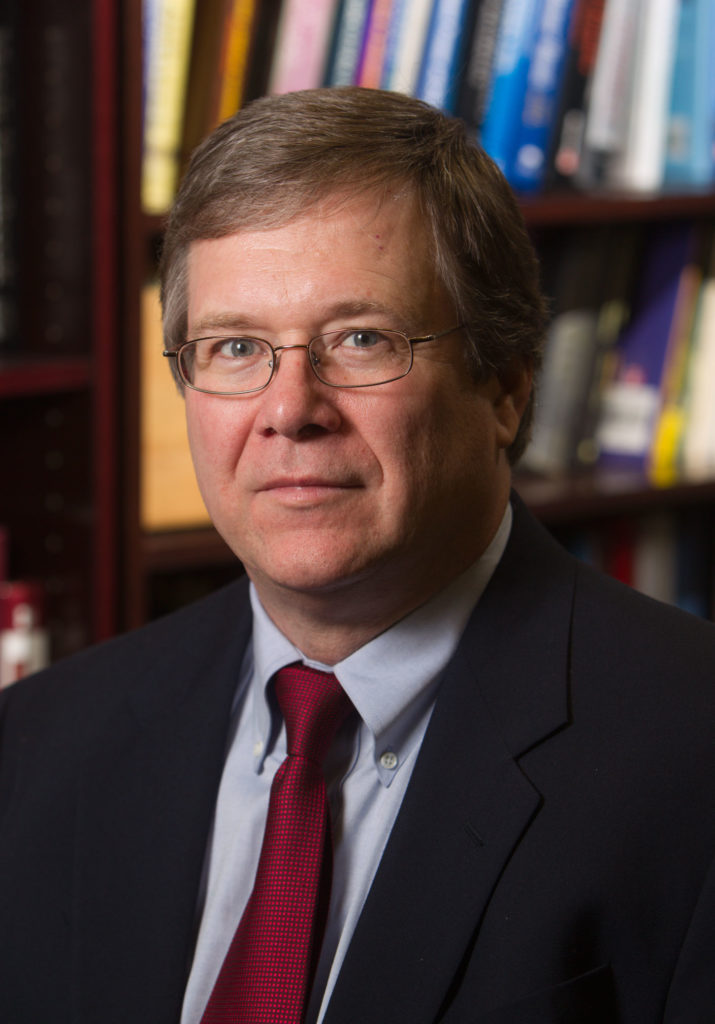More than 90 percent of new, incoming UGA freshmen have enrolled in First-Year Odyssey, a fall-semester program that will offer them an understanding and appreciation for the academic and learning mission of the university.
Tenured and tenure-track faculty from across campus are teaching the 329 First-Year Odyssey seminars. Topics to be taught range from sustainability, fashion and the CIA to biotechnology and Sherlock Holmes. Classes will be held in small classroom environments and are limited to 18 participants.
In addition to written exercises, lectures, readings and other course requirements, students will attend at least three campus events during the semester that highlight some aspect of the university’s mission-teaching, research and service. Participants will be graded and awarded one-hour credit for successful completion of their First-Year Odyssey course.
In its inaugural year at UGA, First-Year Odyssey was established with three major goals, according to program director Tim Foutz:
• Introduce first-year students to the importance of learning and academics so that they are engaged in the learning culture of the university;
• Give first-year students an opportunity for meaningful dialogue with a faculty member that will lead to positive, sustained student-faculty interactions; and,
• Introduce first-year students to the instruction, research, public service and international missions of the university and how they relate to teaching and learning in and outside the classroom to assure the participants’ understanding of the mission of the university.
Foutz is optimistic that First-Year Odyssey will succeed in meeting these goals.
“A student’s first year at UGA is an exciting time to experience and explore the academic rigors and opportunities available,” he said. “By engaging with faculty and other first-year students in an intimate classroom setting, we hope they will grow to understand the value of a UGA education.”
Incoming students registered for their Odyssey class during orientation. Many classes filled up quickly, and some of the more popular ones include “College Athletics: Sports, News and Education,” “Making Sense of Modern Art,” “Chocolate Science,” “Stem Cells in Medicine and Society” and “Fashion and the Movies.”
Incoming freshman Lauren Risse of Watkinsville is enthusiastic about her upcoming First-Year Odyssey seminar, “Exploring Protein Structure and Function: A 30-Year Odyssey.”
“I plan on majoring in microbiology, and I have a fascination with protein structure,” she said. “I was so excited when I discovered this course was
offered.”
Faculty proposed their classroom topics, which are reflective of their teaching, research and service passions. All schools, colleges and many departments are represented in the First-Year Odyssey faculty ranks, which includes UGA President Michael F. Adams, who will teach “The History and Development of the University of Georgia Through the Eyes of the President,” and Provost Jere Morehead, whose seminar is entitled “Exploring Current Issues in Law.”
Foutz said the support the university community has shown for the First-Year Odyssey seminars has been overwhelming.
“The UGA faculty has stepped up to the challenge of offering seminar topics that will engage a first-year student; in fact, faculty are offering so many creative seminar topics that students continually ask if they can enroll in more than one class,” he said. “Various units from across campus have shown their support by offering workshops to help faculty design their First-Year Odyssey seminars and by developing materials that complement the program. Even students not enrolled in these seminars have supported our efforts by helping us do things such as select the logo, design the website and determine how to promote the program during orientation.
“I particularly would like to acknowledge the orientation leaders and academic advisers who worked so hard to get the message out and help incoming students understand the university’s commitment to engaging them in the academic culture of UGA,” Foutz added.
